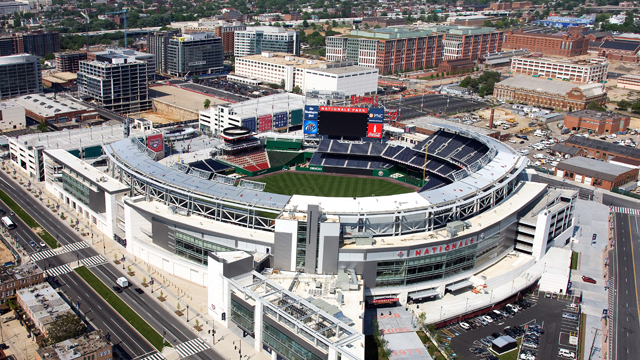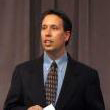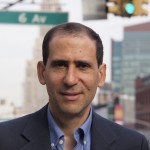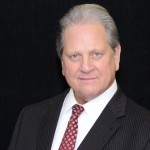
I have mixed feelings about Nationals Park, which opened in 2008 in Washington, DC, and is home to the Washington Nationals.

Ed Lazere
Yet all of the money earned from the stadium — tickets, concessions, advertising — goes to the team owner, Ted Lerner.
Some argue that stadiums promote economic development, but study after study shows that the big winners in publicly financed stadium are the team owners. Moving the Montreal Expos to Washington and into a new stadium, helped the value of the team jump from about $120 million to over $600 million.
That said, some interesting and unexpected things have come from the stadium debate. Most DC residents felt the city had more important things to spend resources on than a stadium.
A group of education activists mounted a campaign, called “DC Public Schools Full Funding Campaign,” to contrast the stadium with the sorry state of DC’s school facilities. They went to baseball games with signs that read “Millions for Stadiums, Peanuts for Schools.”
It worked. A relatively new city council member, Adrian Fenty, took up the cause and successfully pushed for doubling the city’s school construction budget, year in and year out. The city has turned some of its most dilapidated schools into beautiful facilities and the new school spending far exceeds the stadium cost.
I do not stay away from Nationals Park on principle. I attended one game last fall with a group of Cub Scouts, a bunch of 6-to-10-year-old children who got to run the bases and see players close-up before the game. The excitement in their eyes was proof that big professional sports stadiums are magical places that enrich our lives.
So I am glad the Nationals are here and that they have a great stadium to play in. I just don’t see why the district’s precious public funds were involved. Baseball is the nation’s pastime. With billionaire team owners and an amazing fan base, stadium building seems like the kind of thing the private market should handle on its own.
Ed Lazere is the executive director of the DC Fiscal Policy Institute. In 2012, Lazere chaired the DC Public Education Finance Reform Commission and he currently serves on the DC Tax Revision Commission.








